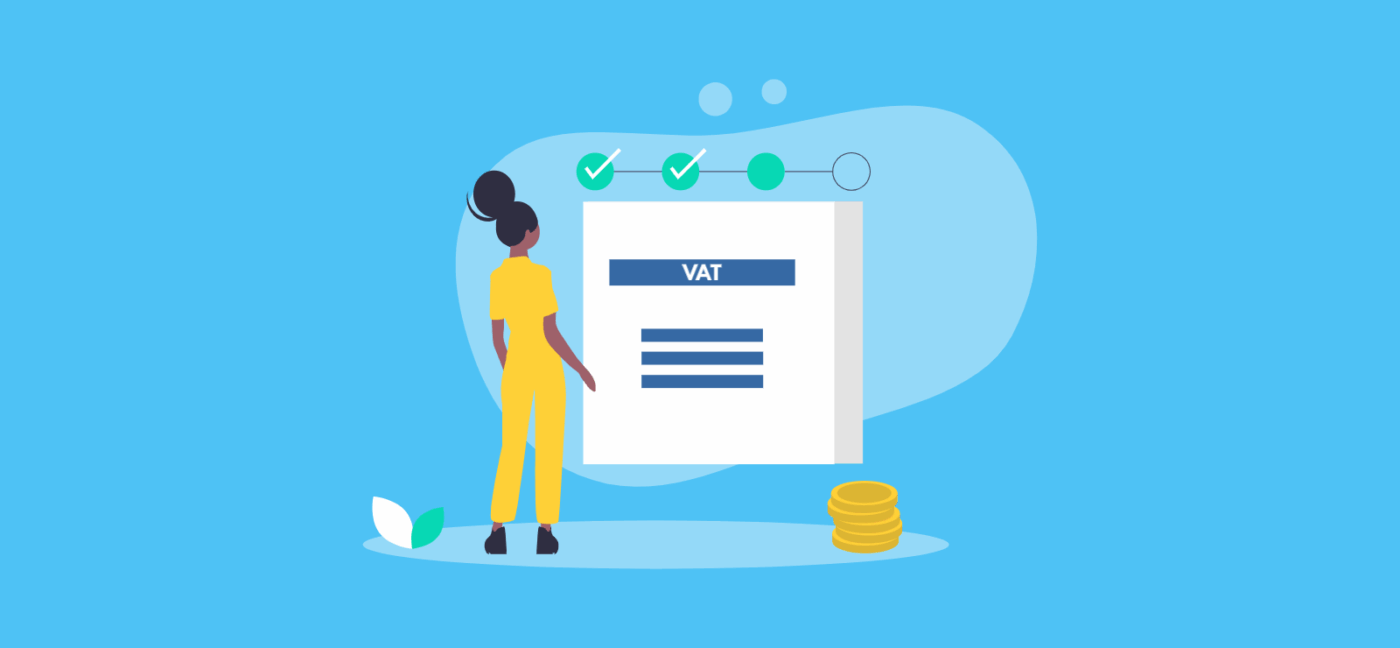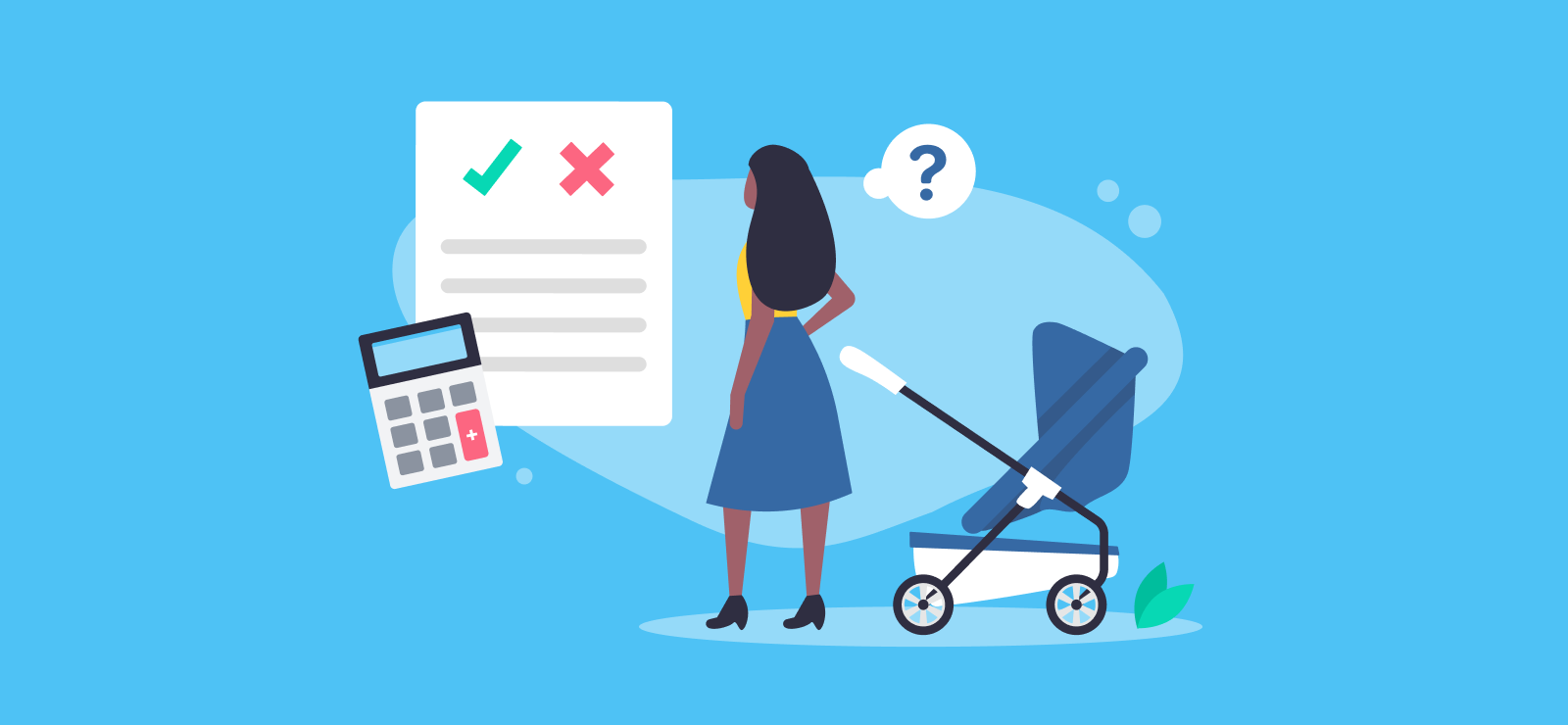

How Do I Reclaim VAT?
As a business owner it’s inevitable that you will pay VAT on the majority of goods and services you purchase in the course of running your business. With most goods and services attracting VAT at a rate of 20%, it can mean significant extra spending.
Fortunately, VAT is designed to be paid by the consumer of the goods or services – the person at the end of the chain – not by the businesses that supply them. This means that you may be able to reclaim the VAT your business pays out for goods and services.
Who can reclaim VAT?
Not everyone can claim back the VAT they pay, and you’ll normally only be able to reclaim VAT if your business is VAT registered. Some types of business are exempt from VAT altogether, such as those dealing in insurance, educational training, art, and antiques.
What about businesses dealing with zero rated goods and services?
It’s easy to get confused, but “VAT exempt” and “VAT zero rated” mean two different things. When something is exempt from VAT, it means that no VAT can be charged when they’re supplied – at all.
Goods and services which are VAT zero-rated are still subject to VAT, but at a rate of 0%. So, you won’t actually need to pay anything extra, but you will need to report it on your VAT return.
Typical examples of VAT zero-rated items usually relate to health, food, children’s clothing, and publishing. It’s tricky though, because ‘food’ does not include alcohol, and not all food is zero-rated. Just to confuse things even more, VAT registered businesses which prepare and sell food for consumption on the premises do not generally fall into the zero-rated category.
Your business can still be VAT registered and reclaim VAT on the purchases it makes if it deals with zero-rated goods or services. If you mainly supply zero-rated goods and services, you might decide to apply for a VAT exemption instead.
How does reclaiming and charging VAT work?
When your business registers for VAT, you must charge VAT at the appropriate rate on all goods and services you sell (apart from any that are exempt). In that respect, you’re acting a bit like a tax collector on behalf of HMRC, so you’ll need to issue your customers with a VAT invoice which clearly shows the amount of VAT they’re paying.
You must also keep the VAT invoices for any goods and services you purchase for the business. When you make VAT submissions (sometimes known as a VAT return) to HMRC, you’ll pay or reclaim the difference between the VAT you charge to your customers, and the VAT you pay out on purchases.
- Reclaim the difference: if the VAT you pay out on purchases is more than the VAT that you charge and collect from customers
- Pay the difference: if the VAT you pay out on purchases is less than the VAT that you charge and collect from customers
For some businesses this can work out rather well, especially if they mainly sell zero-rated goods and services. This means that your customers are paying 0% VAT, so whilst you’re not collecting much VAT on your sales, you will probably have costs which aren’t zero-rated, such as fuel, stationery, and IT services.
It effectively means that you’re paying more VAT to your suppliers than you’re collecting from your customers and as such, you can reclaim the difference from HMRC. As long as your business is VAT registered you can reclaim VAT on most of your business’s costs. It’s why some businesses find it helpful to register for VAT voluntarily!
How often can I reclaim VAT?
You’ll normally be able to reclaim any VAT once you make your VAT submission. Most businesses make VAT submissions on a quarterly basis (every 3 months), but there are different VAT accounting schemes and they don’t all have the same requirements.
Standard VAT accounting scheme
This is the accounting scheme that most businesses use. Under this scheme you record VAT on every purchase and every sale, and make a VAT submission to HMRC at the end of each VAT quarter. You’ll pay or reclaim the VAT due at that point.
VAT Annual Accounting Scheme
Some businesses are allowed to use the VAT Annual Accounting Scheme, and will only need make a VAT submission to HMRC once a year. You’ll pay an estimate of what’s due based on your previous year’s VAT bill.
You can either make payments in quarterly instalments, or monthly over 9 months. Any under or overpayments will be dealt with at the next annual return.
VAT Flat Rate Scheme (FRS)
Some types of business are allowed to use the Flat Rate Scheme (FRS), and the list is quite extensive. The scheme is, however, limited to businesses with an annual taxable turnover of £150,000 or less.
Under this scheme, you avoid all the VAT accounting requirements and simply pay a flat rate of VAT based on a percentage of your annual turnover. The percentage you pay is based on the industry you are in.
Although you’ll still charge customers the full appropriate rate of VAT depending on the goods or services you sell, you won’t be able to reclaim the VAT you pay out apart from for capital expenditure over £2,000.
The idea behind the scheme is that paying a lower rate of VAT to HMRC compensates you for not being able to reclaim the VAT you pay out, because you’ll still be charging the standard rate of VAT to most of your customers.
Can I reclaim VAT on vehicle and fuel costs?
One of the main rules for reclaiming VAT is that the costs must relate solely to the business, so VAT can get a bit complicated in the case of motor vehicles.
There is often an element of private use where vehicles, especially company cars, are involved. But even though it is a complicated area, it’s important to know what you can and can’t claim.
Overclaiming VAT costs will attract action from HMRC, but underclaiming may be costing your business VAT that you could legitimately reclaim. There are different ways around this and we deal with it in a separate article, which you will find here.
Can I reclaim VAT I incurred before registering?
The short answer is, surprisingly, yes! It’s quite common for businesses to register for VAT some time, often years, after they started trading. This might be because turnover did not previously exceed the VAT registration threshold, or the business has changed in some other way.
It’s quite possible that expenditure incurred before registering for VAT was for goods or services that are still being used in the business after registering.
The good news is that it’s possible to reclaim the VAT you paid on goods bought up to 4 years before registering, and for services up to 6 months before.
Can I reclaim VAT after de-registering?
Yes, you may be able to make a claim for VAT after you de-register, as long as you incurred whilst you were registered. This might happen for several reasons, such as:
- Bad debts where you have paid VAT on the invoice, but not been paid by a customer.
- Legal or accountancy costs
- Goods purchased prior to de-registering
Learn more about our online accounting services, including help with VAT. Talk to one of the team on 020 3355 4047, or get an instant online quote.
Want to learn more?
Subscribe to our newsletter to get accounting tips like this right to your inbox

Read more posts...

The Accountancy Partnership – Our Positive Reviews
16th February 2026We’re proud of our customers’ reviews here at The Accountancy Partnership The reviews we receive from our customers show how hard we…
Read More
Maternity Pay for Self-Employed People
15th February 2026As a self-employed person you might be eligible to get Maternity Allowance payments for up to 39 weeks. It’s different to Statutory…
Read More
National Insurance for the Self-Employed
14th February 2026If you work for your own self-employed business, then you may need to pay National Insurance on the profits that you earn….
Read MoreConfirm Transactions
The number of monthly transactions you have entered based on your turnover seem high. A transaction is one bookkeeping entry such as a sale, purchase, payment or receipt. Are you sure this is correct?
Please contact our sales team if you’re unsure
VAT Returns
It is unlikely you will need this service, unless you are voluntarily registered for VAT.
Are you sure this is correct?
Call us on 020 3355 4047 if you’re not sure.
MTD IT Quarterly Updates
Your final, end of year MTD Income Tax submission is included in your fee, without this add-on service.
We would recommend you submit the quarterly updates yourself using Pandle or alternative bookkeeping software.
However, if you would prefer us to submit these quarterly updates for you, there is an additional fee of £35.00 per month.
Call us on 020 3355 4047 if you’re not sure.
Bookkeeping
You will receive our bookkeeping software Pandle for free, as part of your package.
You can use this to complete your own bookkeeping, or we can provide a quote to complete your bookkeeping for you.
Please select and option below:
Call us on 020 3355 4047 if you’re not sure.

